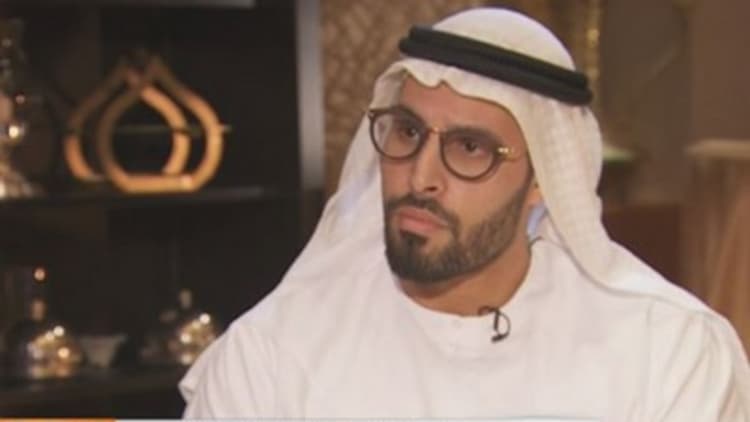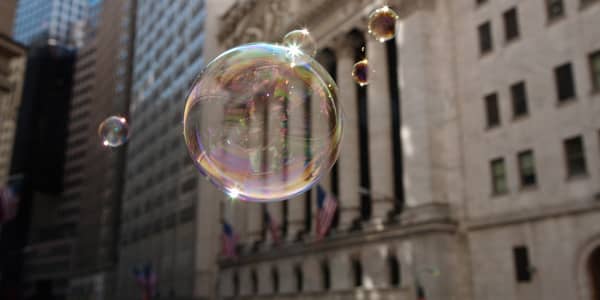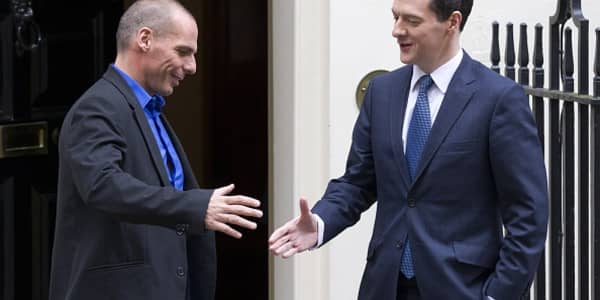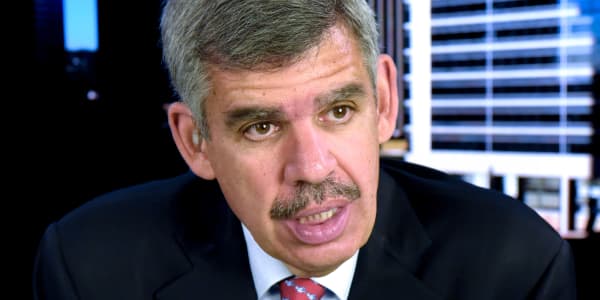Russian real estate magnates, until recently among the top buyers of luxury property in the United Arab Emirates (UAE), have retreated from the region as the combination of the severely weakened ruble, the fall in oil prices and Western sanctions have taken their toll on Russian buying power.
The battered ruble has lost over 40 percent of its value against the dollar since the Russian annexation of Ukraine's Crimea almost a year ago. The move, which triggered rounds of U.S. and European sanctions, has hit Russia's economy and, in the process, stopped big Russian property investors from snapping up another residences in the Gulf region, according to real estate advisors operating in the UAE.
Read MoreForget buying, wealthy Russians now renting in London
Big buyers in Dubai, the most expensive city in the Middle, have traditionally been dominated by Indian, Pakistani and Emirati investors, with, up until recently, Russians in the top tier of big residential buyers in the region.
Palm Jumeirah, the tree-shaped archipelago four miles off the coast of Dubai, had been a favourite destination for Russians, who had snapped up what Gregory Lewis, senior negotiator at Knight Frank Dubai describes as the developments' "palatial holiday homes". But inquiries and property sales on the artificial island to Russians have significantly dropped off in recent months, Lewis added.
Read MoreFor rich Russians, UK schools in class of their own
"We are seeing a lot less Russians coming in. Speaking to our Russian office, they are getting a lot less inquiries for Dubai. They would normally buy palatial holiday homes, but now it is only those Russians with the money outside of the country that are able to, those with money locked in (Russia) are struggling to see larger sums," he added.
"Russia has been a very prominent buyer, but they are finding it hard to move the money around, so there is not as many Russian buyers around," he said.
A standard four-five bed villa in a prestigious ex-pat area of Dubai costs between $1.5million and $2.3 million, however Knight Frank tends to deal in "super prime properties" in the $6 million price bracket, Lewis said.
After meteoric price rises in UAE property between 2011 and 2013, prices have slumped in the region of 10 to 15 percent in the last 15 months in Dubai according to real estate company JLL, with similar trends being seen in Abu Dhabi.
Last month, ratings agency Standard & Poor's predicted a 10 to 20 percent drop in Dubai prices this year, while JLL see prices falling 10 percent and rents slipping as 25,000 new houses flood the market in 2015.

But even with these lower prices, foreign exchange markets have made it in increasingly tough for buyers from Russia. The Emirati dirham has been officially pegged to the U.S. dollar since 1997, and the ruble has plummeted against the dollar since President Vladimir Putin's incursion into Ukraine.
Read MoreMost expensive house (we could get into): Dubai, UAE
"Russians mostly buying in the residential space, privately for second homes have now pulled off because of the ruble," said head of capital markets MENA at JLL, Gaurav Shivpuri.
"I wouldn't say sanctions are the major reason, it is more the ruble now. The weakness of the ruble has suddenly made the same property three times more expensive compared to what is was," he said.
"They were very active especially in locations that are closer to the beach because for them, sea, water and sun is even more of a luxury. The Russian economy was doing very well and you had a lot of people that had a lot of money, so there were a lot of buyers, but much less so now. Who knows, maybe they will come back," he added.
- By CNBC's Jenny Cosgrave in Abu Dhabi





